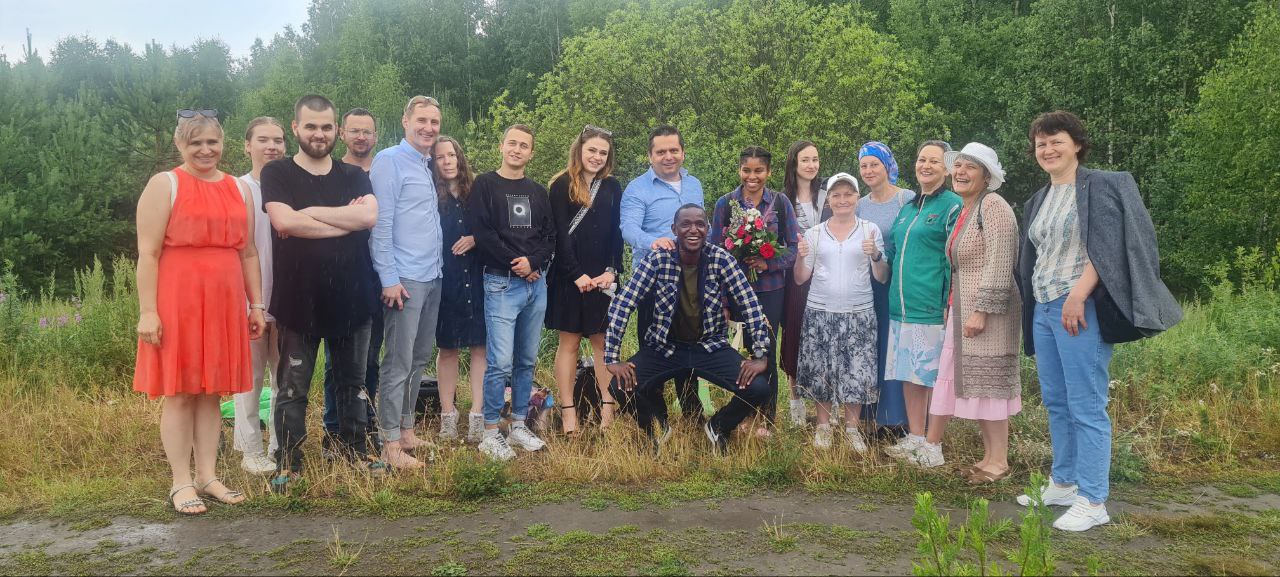Navigating Language Barriers as a Non-Russian Speaking Student
Navigating language barriers as a non-Russian-speaking student in Russia can be challenging, but with the right approach, students can adapt and communicate effectively. Here are some key strategies to overcome language difficulties:
1. **Enroll in a Russian Language Course** – Many universities offer preparatory courses to help international students learn Russian before starting their degree programs. Even basic proficiency can greatly improve daily interactions and academic performance.
2. **Use Translation Apps and Tools** – Mobile applications like Google Translate, Yandex Translate, and language learning apps such as Duolingo and Rosetta Stone can help students understand signs, menus, and conversations.
3. **Learn Essential Phrases** – Memorizing common Russian phrases for greetings, directions, shopping, and emergencies can make everyday interactions easier. For example, learning phrases like "Где находится..." (Where is...) or "Сколько стоит?" (How much is it?) can be useful.
4. **Make Friends with Russian Speakers** – Engaging with Russian-speaking classmates and locals can provide a natural way to practice the language. Many Russians appreciate when foreigners make an effort to learn their language and are often willing to help.
5. **Use English-Taught Programs** – Some universities offer courses in English, reducing the immediate need to understand Russian. However, learning some Russian is still beneficial for social and daily life.
6. **Participate in Language Exchange Programs** – Many universities and student organizations offer language exchange programs where students can teach their native language in exchange for Russian lessons.
7. **Practice in Everyday Situations** – Ordering food, asking for directions, and shopping are good opportunities to practice speaking Russian. Trying to use Russian in real-life scenarios helps build confidence and fluency.
8. **Utilize University Support Services** – Many universities have international student offices or mentors who can assist with language-related challenges and offer guidance on improving communication skills.
9. **Watch Russian Media** – Watching Russian movies, TV shows, and YouTube videos with subtitles can help improve listening skills and vocabulary. Listening to Russian music and radio can also enhance comprehension.
10. **Be Patient and Persistent** – Learning a new language takes time and effort. Mistakes are part of the learning process, and consistent practice will lead to improvement over time.
By combining these strategies, non-Russian-speaking students can gradually overcome language barriers, making their academic and social life in Russia more enjoyable and fulfilling.


Comments (0)
Leave a comment